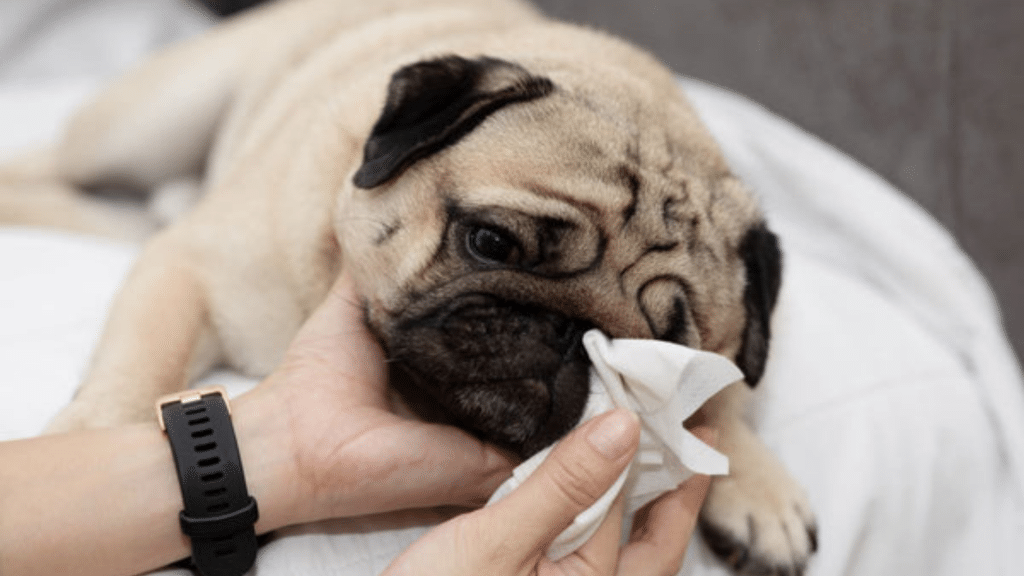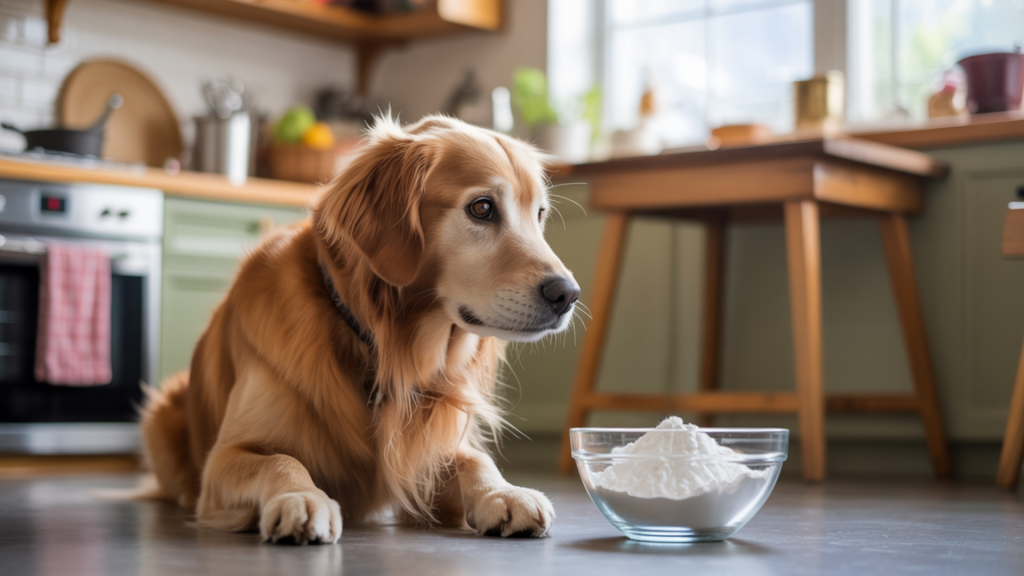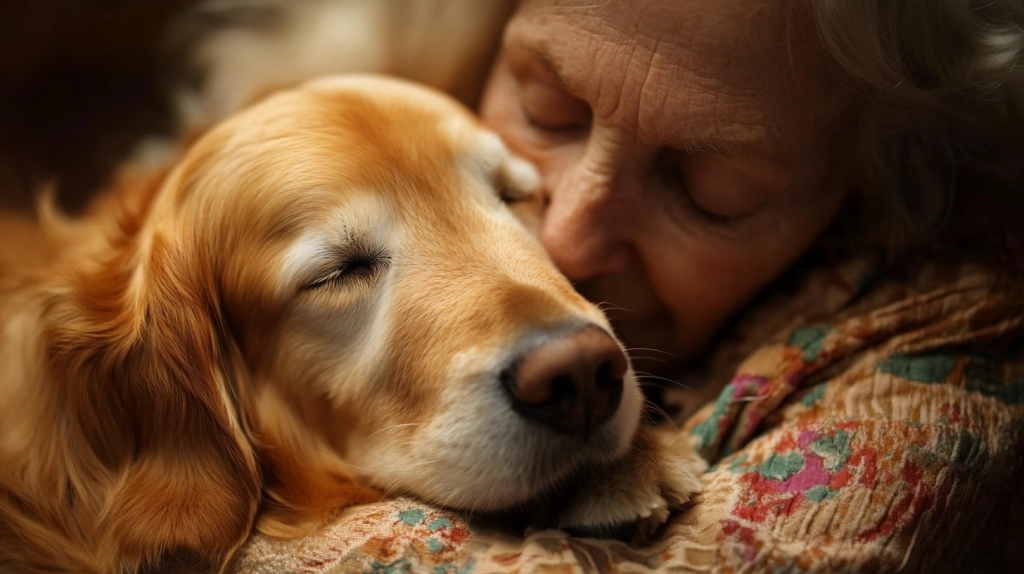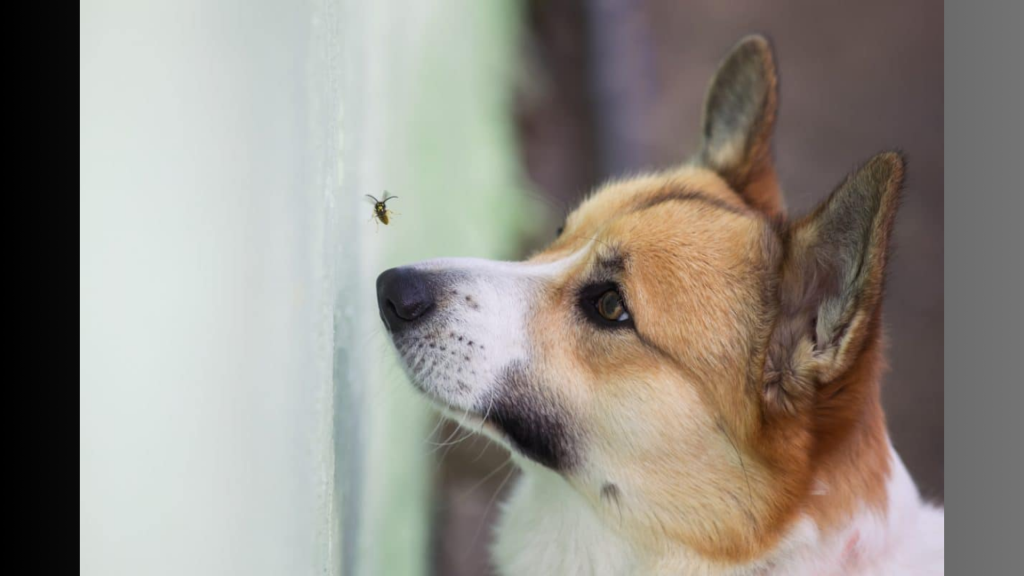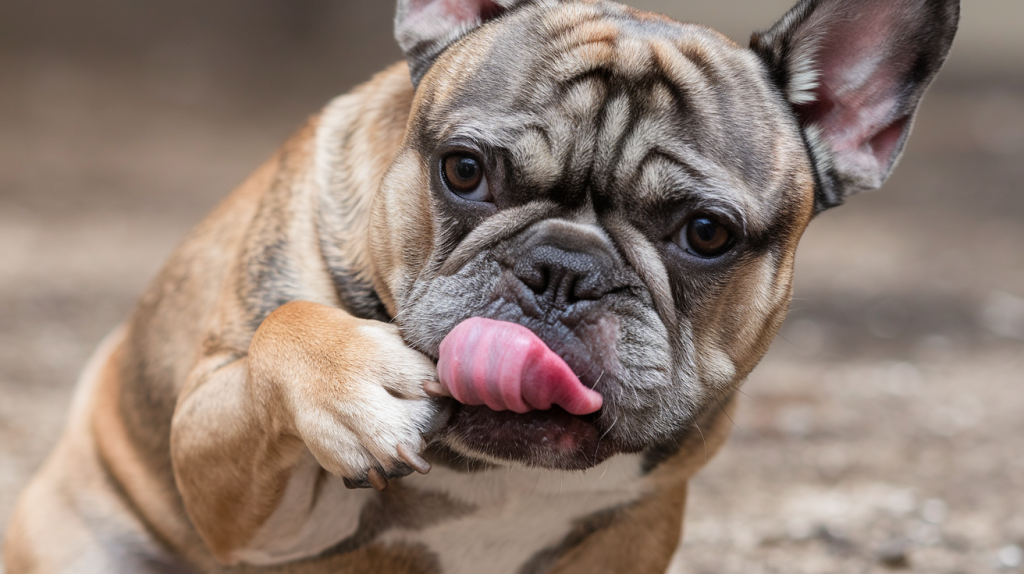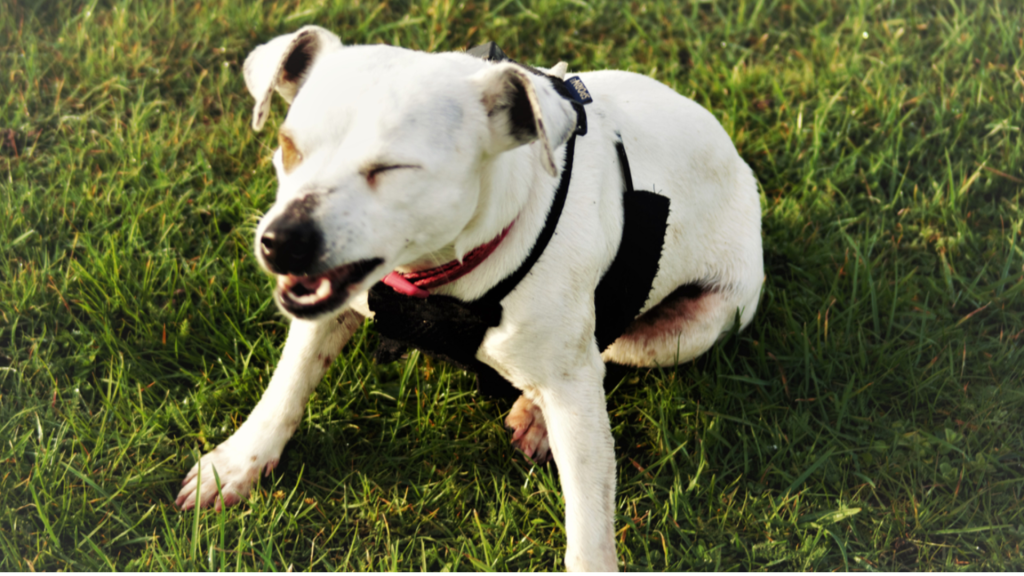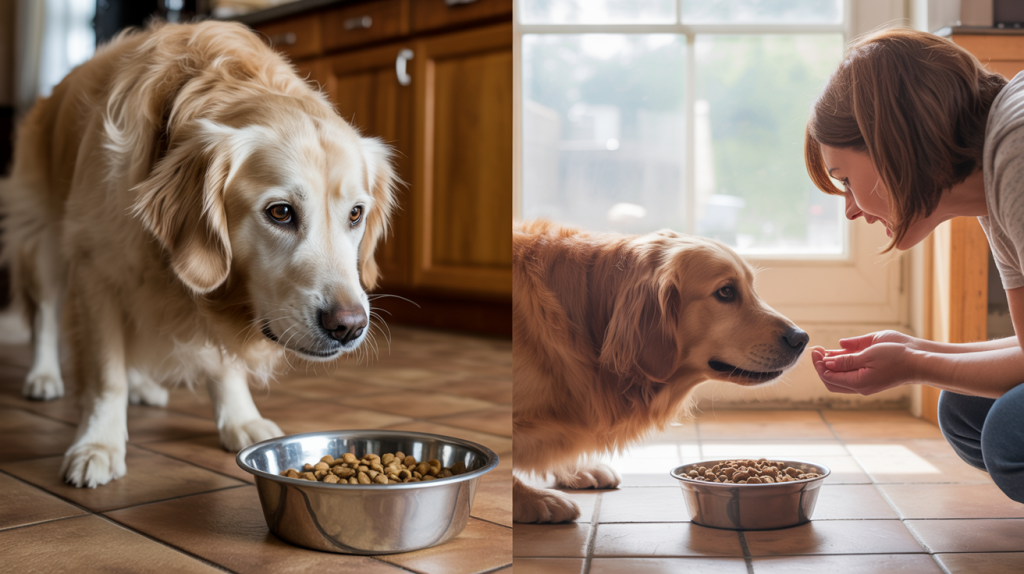That cracked nose isn’t just ugly – it hurts. French Bulldog owners often panic when they see their french bulldog dry nose turning rough and flaky. Most rush to use human lotions or expensive products that make things worse.
Dry noses are fixable, but only if owners know the right methods. Wrong treatments can turn minor dryness into serious infections.
This blog reveals the simple tricks that actually work. No expensive products needed – just proven methods that heal cracked noses fast and keep them healthy.
Your Frenchie’s comfort depends on getting this right.
Bulldog Nose Problems
French bulldog dry nose commonly develops due to their flat face structure. Their shortened airways and compressed nasal passages create breathing challenges that don’t affect other dog breeds.
The most frequent issue is nose dryness, where the nose becomes rough, cracked, and flaky instead of staying moist.
Nasal fold dermatitis occurs when skin folds around the nose trap bacteria and moisture, causing infection and bad odors. Some French Bulldogs have stenotic nares – narrowed nostrils that restrict airflow and may need surgical correction.
Normal French Bulldog dry noses should feel slightly moist and cool with consistent color.
Clear discharge is usually normal, but thick, colored, or smelly discharge indicates infection. Persistent dryness lasting over a week, deep cracks, breathing difficulties, or nose swelling require veterinary attention.
Most French Bulldog nose problems are manageable when caught early and treated properly.
Home Remedies for Bulldog Dry Nose
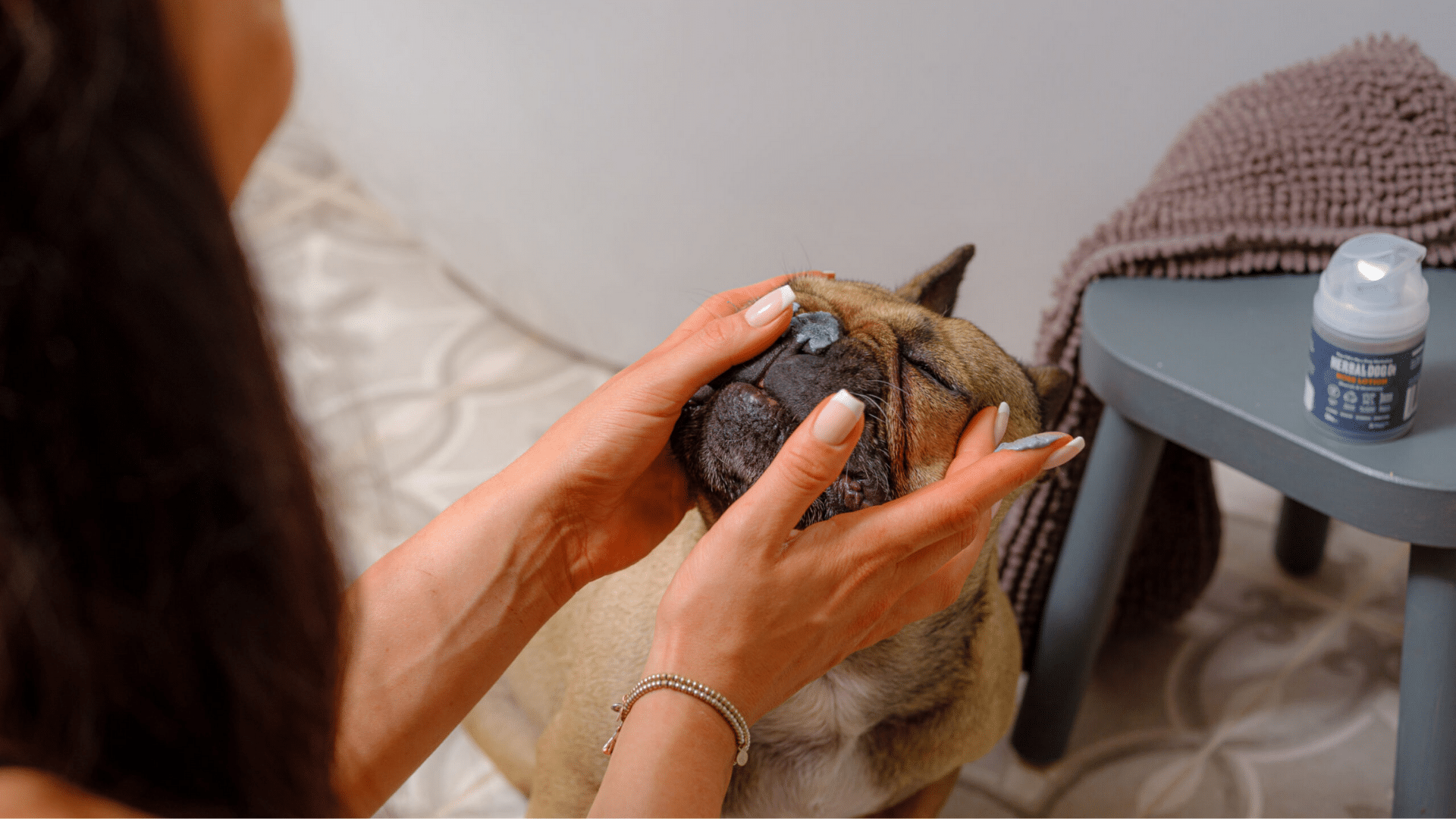
Bulldogs are prone to dry noses due to their unique facial structure and skin folds.
A dry or cracked nose in a bulldog can sometimes be a sign of dehydration, health issues, or environmental factors, so it’s important to monitor their overall health. Here are some home remedies that might help with a dry nose:
1. Coconut Oil
Coconut oil is natural and safe for dogs, and it can be applied to the dry areas of your bulldog’s nose. Its moisturizing properties can help soothe and heal the skin.
How to Use: Apply a small amount of virgin coconut oil to your bulldog’s nose using your fingers or a clean cloth. Gently rub it in to moisturize and prevent cracking.
2. Petroleum Jelly
Petroleum jelly, or Vaseline, can help hydrate and heal your bulldog’s dry nose by creating a protective barrier.
How to Use: Use a small amount of petroleum jelly and apply it to your dog’s nose. Be sure to monitor your dog to prevent them from licking it off, as ingestion can cause stomach upset.
3. Aloe Vera Gel
Aloe vera has soothing and healing properties that can help with dry skin. Make sure to use pure aloe vera gel, as some aloe products can be harmful if ingested.
How to Use: Apply a thin layer of aloe vera gel to your dog’s dry nose and let it absorb.
4. Humidifier
Dry indoor air can contribute to a dry nose, especially during colder months or in air-conditioned environments.
How to Use: Place a humidifier in the room where your bulldog spends most of their time. This can help keep the air moist and prevent further drying of the skin.
5. Hydration
Make sure your bulldog is drinking plenty of water. Dehydration can contribute to dry skin, including a dry nose.
How to Help: Offer fresh water throughout the day, and if your bulldog is reluctant to drink, try adding a bit of low-sodium broth to their water to make it more enticing.
6. Oatmeal Baths
Oatmeal has soothing properties that can help relieve dry, irritated skin.
How to Use: You can make a colloidal oatmeal bath or use a store-bought dog-safe oatmeal shampoo. Gently wash your bulldog’s face with a damp cloth, avoiding their eyes, and rinse thoroughly.
7. Shea Butter
Shea butter is rich in fatty acids, and it can help moisturize and heal your bulldog’s dry nose.
How to Use: Apply a small amount of pure shea butter to the dry area. Be gentle and allow it to absorb fully.
8. Honey
Honey has antibacterial properties and can also help hydrate the skin.
How to Use: Apply a thin layer of honey to your dog’s nose and let it sit for about 10 minutes before gently wiping it off. Be careful not to let your dog lick too much of it.
What Do Golden Daily Scoop Bulldog Owners Recommend?
We reached out to our incredible Goldendailyscoop family to see how they tackle dry noses, and wow – they came through with some fantastic tips!
Here’s what our fellow Frenchie parents swear by:
- Moisturizing Balms and Oils: Many owners use pet‑safe nose balms such as Snout Soother, Squishface Nose Balm, or Blissful Bulldog Nose Butter to keep the nose soft and hydrated.
- Environmental Changes: Using a humidifier in the house adds moisture to the air and helps keep the nose from drying out, especially in winter or with air conditioning.
- Gentle Cleaning: Wiping the nose with a damp, soft cloth to remove dirt or crust before moisturizing helps products work better.
- Diet and Hydration: Ensuring Bulldogs drink plenty of fresh water and sometimes switching to wet food helps maintain hydration. Some owners add fish oil or flaxseed for better skin and coat health.
- Avoiding Irritants: Switching from plastic food bowls to stainless steel can prevent allergic reactions, and avoiding new household products or treats that may irritate the nose is helpful.
- Vet Consult for Persistent Issues: If dryness is severe or doesn’t improve, owners see a vet to check for conditions like nasal hyperkeratosis, allergies, or skin problems. Vets may recommend medicated ointments or special treatments.
Health Concerns and Professional Help
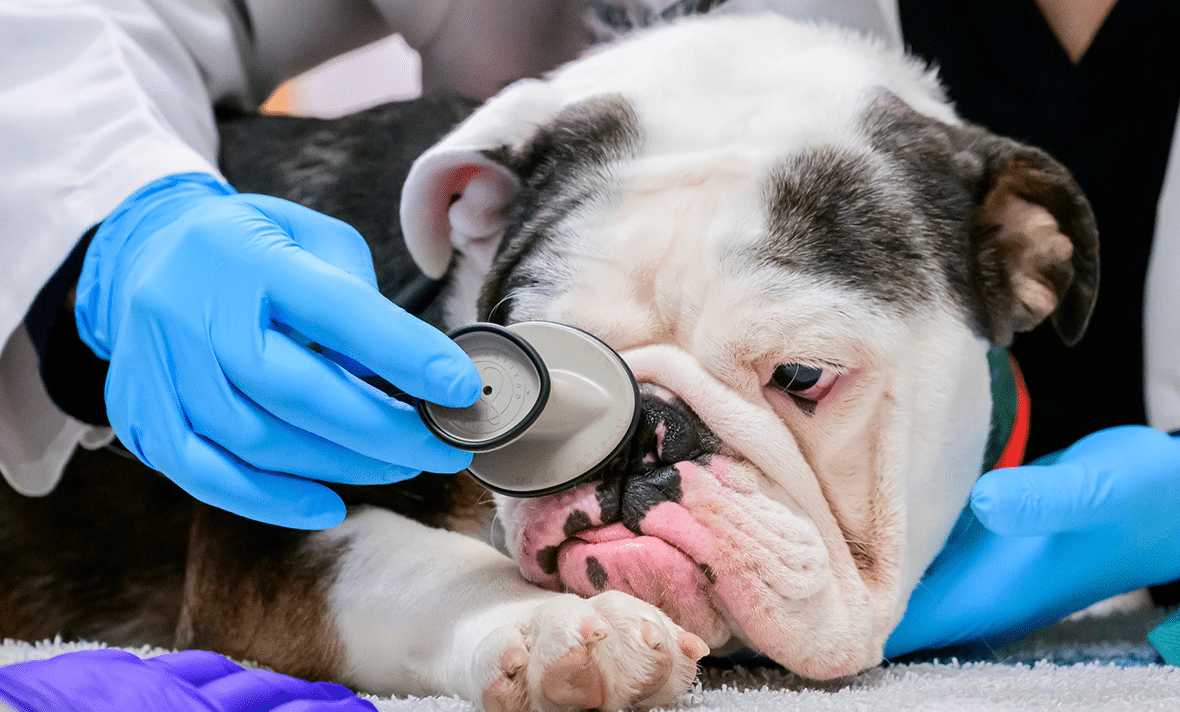
Certain bulldog dry nose symptoms indicate underlying medical conditions that require veterinary diagnosis and treatment.
Medical Conditions Causing Dry Nose
- Nasal hyperkeratosis: thick, crusty skin buildup on the nose.
- Allergies: to food, pollen, or environmental triggers.
- Dehydration: not enough water or excessive panting.
- Infections: bacterial or viral, including rhinitis.
- Autoimmune diseases: e.g., pemphigus or lupus.
- Environmental dryness: from sun, wind, or indoor heating.
- Aging: Older Bulldogs produce less natural moisture.
- Neurological issues: nerve damage affecting nose moisture.
Emergency Warning Signs
Seek immediate veterinary care for difficulty breathing, open-mouth breathing at rest, or blue-tinged gums. These indicate airway obstruction requiring emergency intervention.
Thick, purulent nasal discharge with fever suggests upper respiratory infection that can progress to pneumonia without treatment. Sudden severe swelling around the nose may indicate anaphylactic reaction or serious infection requiring immediate medical attention.
Routine Veterinary Assessment
Annual health examinations should include nose structure evaluation and breathing assessment.
Early detection of stenotic nares or other abnormalities allows for timely intervention. Document nose changes with photographs and dates for accurate medical history. This helps veterinarians track disease progression.
Diagnostic Procedures
Nasal cytology examines discharge under microscope to identify bacterial, fungal, or inflammatory causes of persistent dryness. Skin biopsy may be necessary for suspected autoimmune conditions to confirm diagnosis and guide treatment protocols.
Allergy testing through intradermal or serum testing identifies environmental triggers contributing to chronic nose problems.
Professional Treatment Options
Prescription topical medications containing corticosteroids or calcineurin inhibitors treat inflammatory conditions more effectively than over-the-counter products.
Systemic antibiotics are required for deep bacterial infections that don’t respond to topical treatments.
Surgical correction of stenotic nares improves airflow and reduces secondary nose dryness in affected dogs.
Ongoing Medical Management
Regular follow-up appointments monitor treatment response and adjust medications as needed. Chronic conditions require long-term veterinary oversight.
Work with veterinarians familiar with brachycephalic breed health issues for optimal care outcomes.
Professional medical intervention is necessary when home remedies fail or when symptoms suggest underlying disease processes requiring specific treatment protocols.
Conclusion
French Bulldog dry nose care is simpler than most owners think. Daily moisturizing with dog-safe products and maintaining proper humidity prevents most problems.
Remember – if dryness persists beyond a week or worsens, contact your vet immediately. Some conditions need professional treatment.
Ready to help your Frenchie? Start with daily nose care using the methods outlined here.
Frequently Asked Questions
Can Bulldogs Get Sunburn on Their Noses?
Yes, bulldogs’ noses can get sunburned, especially if they have light skin or spend extended time outdoors.
Is It Safe to Use Human Moisturizers on My Bulldog’s Nose?
No, many human moisturizers contain ingredients that may be toxic if licked or ingested by dogs.
Do Seasonal Allergies Affect Bulldog Nose Health?
Yes, bulldogs can experience dry or irritated noses due to pollen or seasonal changes in the environment.
Can Frequent Nose Dryness Affect Bulldog Sense of Smell?
Severe chronic dryness or cracking may impair a Bulldog’s sense of smell if left untreated.


